About Us
Advertise With Us
RSS Feed | Content Syndication
Terms & Conditions
Privacy Policy
Contact Us
BollywoodShaadis.com © 2026, Red Hot Web Gems (I) Pvt Ltd, All Rights Reserved.
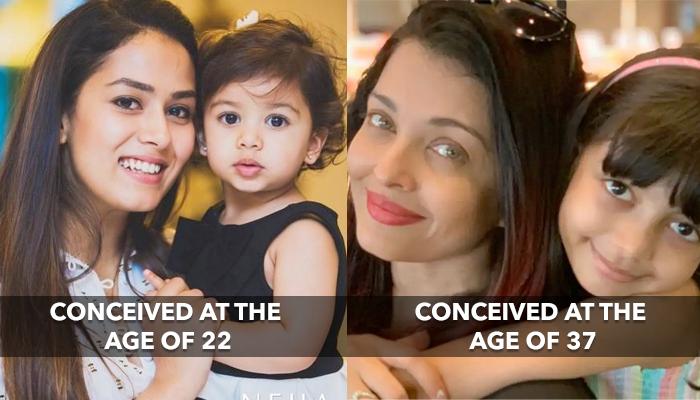
Once a girl starts having her periods, theoretically her biological body is ready to bear a progeny. There is a subtle phase when the physical body transits gradually from being a girl to a woman through the pubertal years. This preparatory phase lasts for 3-4 years and the growth of the inner organs is complete within 2-3 years of initiation of periods.
This means that starting 15-16 years onwards, a girl can achieve pregnancy and this is given to her by nature. In fact, the best pregnancy outcomes are achieved from the age of 18-25 years, as the body is biologically best prepared with the maximum number of eggs in the ovaries and the hormones surging.
Recommended Read: 5 Pregnancy Complications Every Woman Above 30 Must Be Aware About
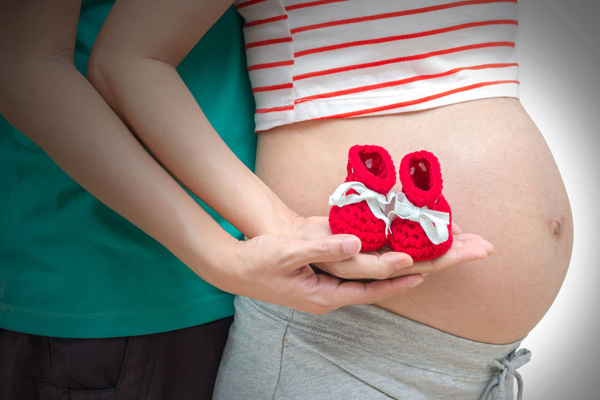
But, there is a lot of hue and cry when it comes to deciding the right age for pregnancy. Many women are concerned about their child-bearing abilities once they cross over to their late twenties and thirties. But, worry not ladies. We have all the answers for you, right here, for all your pregnancy queries and worries. So, read on.
It is a common scenario these days that your career woes may continue longer than you anticipated. Past the age of 30, the ovaries start to lose out on good quality eggs and this decline in the egg quality and numbers speed up after the age of 35 years. So, one must make an informed choice between conceiving well in time and settling their career past a certain age.
Also Read: 15 Natural Ways To Increase The Chances Of Getting Pregnant
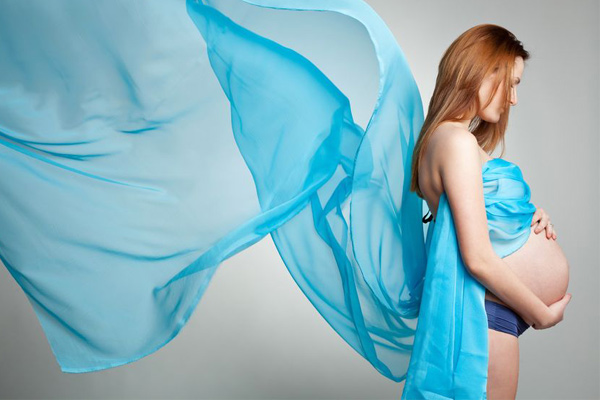
Continue reading below
In fact, the age of 35 years is considered as a watershed line after which pregnancy rates and fertility outcomes decline drastically. Also, as a woman’s age goes past 35, irrespective of how much she exercises or is fit, her chances of bearing an abnormal child increases. This happens due to the natural ageing of her eggs and it increases her chances of producing a mentally challenged child among other things.
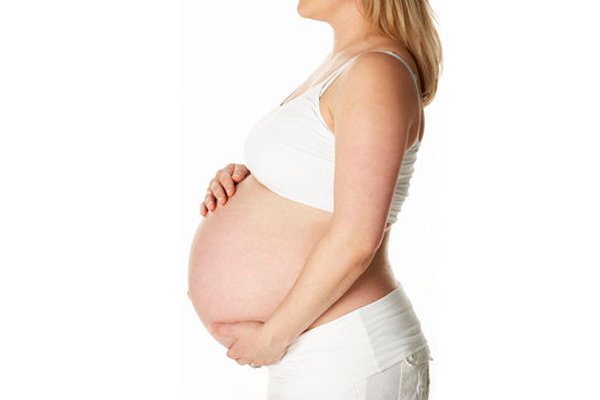
The good news is that most of these disorders can be detected through appropriate tests and ultrasounds during pregnancy, so it possible to know about them before delivery. The sad news is that it is not possible to totally prevent these problems in the baby, except to conceive at the right age.
Also Read: 6 TV and Bollywood Celebrities Who Successfully Hid Pregnancy And Shared Only After Childbirth
Well, thanks to technology and artificial reproductive techniques, even 40 plus women can have a fair chance to conceive. But age is a big factor in deciding the success rates and outcomes of these procedures.
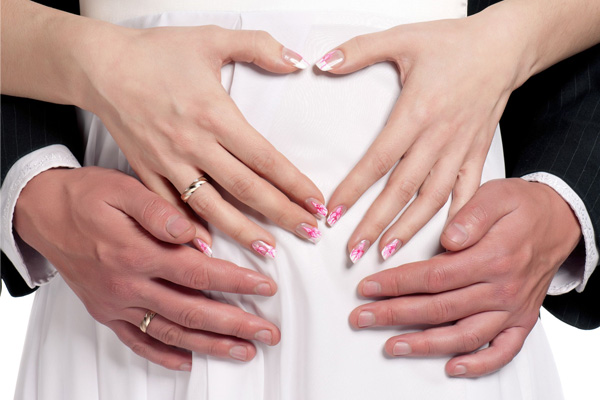
With increasing age, the success rates of IVF (In Vitro Fertilisation) become poorer, miscarriage rates increase and possibilities of poor outcomes in the baby increase. You may even be asked to get eggs from a younger woman (ovum donation) to counter these problems, which may imply that the baby is not totally yours genetically.
Hope this information was helpful. And now that you know about the best age to get pregnant, plan accordingly!
NEXT READ: Stages Of Pregnancy Week By Week: Developments Of The Baby In A Pregnant Woman's Womb
